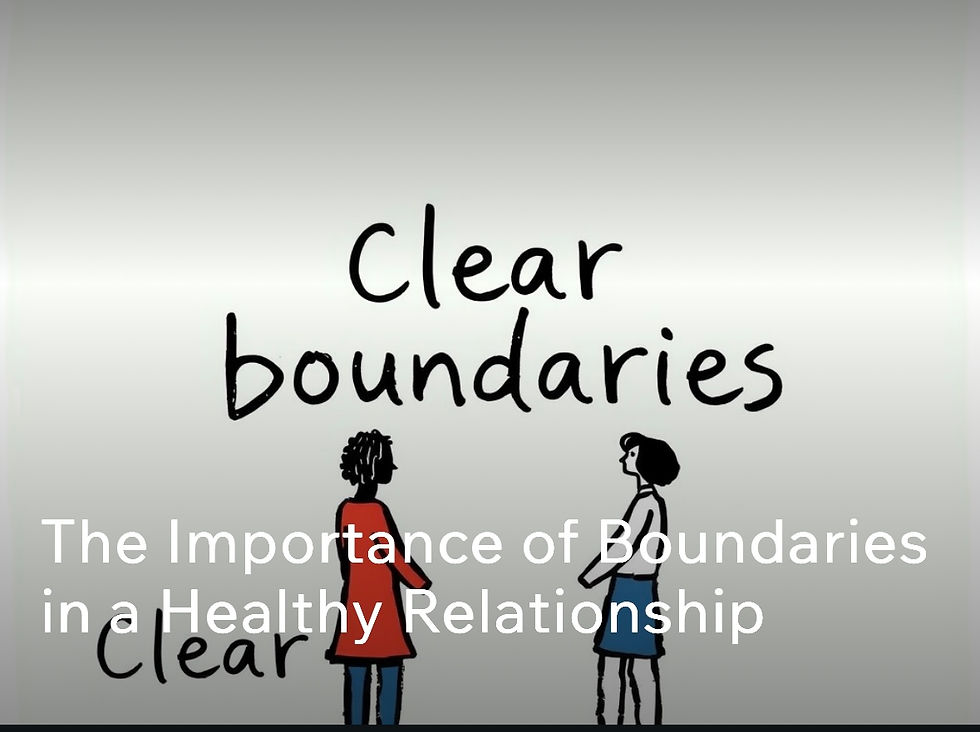Metaphors Change Reality
- Scotty Enyart
- Oct 6, 2025
- 2 min read

The language we use to describe our experience doesn’t just communicate our reality—it creates it. In psychotherapy, one of the most powerful shifts a person can make is not necessarily behavioral or even emotional, but metaphorical. The metaphors we use act as invisible frameworks that determine how we interpret ourselves and the world around us.
When someone says, “I feel stuck,” their inner world often follows that image. Life becomes a narrow hallway with no exit, every choice feels constrained, and the self begins to shrink within that mental space. The word “stuck” invites stillness, tension, and a kind of quiet resignation. It subtly teaches the mind to see limits rather than possibilities.
But what happens if we shift the metaphor? Instead of being stuck, what if we imagine ourselves as exploring—navigating unfamiliar terrain, mapping the contours of a new emotional landscape? Exploration allows for movement, curiosity, and discovery. The same circumstances that once felt like a trap can now become part of an unfolding journey.
This isn’t just poetic—it’s psychological. The brain responds differently to imagery of agency and openness than it does to imagery of paralysis and defeat. Metaphor activates emotion, and emotion drives behavior. By consciously choosing the language we use to describe our lives, we open new neural pathways for change and resilience.
When we change our metaphors, we change our minds—and when we change our minds, the world around us begins to shift.
So the next time you catch yourself saying you’re “stuck,” pause and ask: What if I’m not stuck at all? What if I’m simply exploring the edges of what I’ve known so far?
That single shift in metaphor might be the first movement toward freedom.

Comments